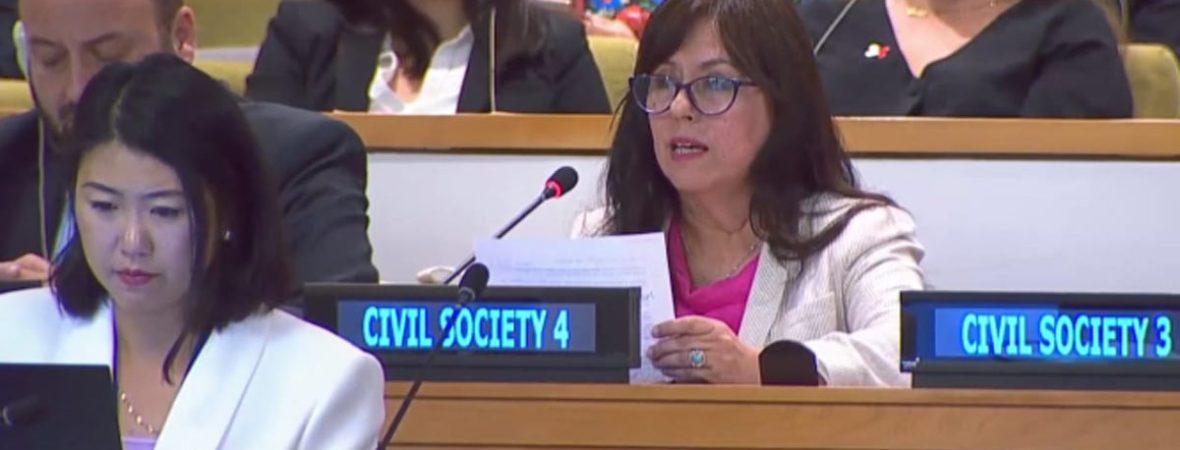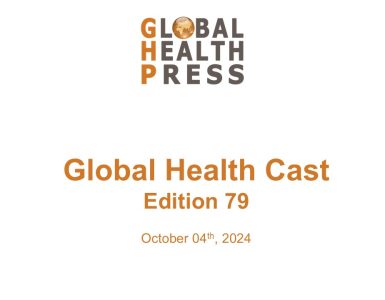Antimicrobial resistance (AMR) poses a significant and urgent global public health threat, requiring immediate and sustained political attention. This growing challenge demands the use of all available measures to tackle it, yet one key intervention remains undervalued and underutilized: immunization.
While vaccines are one of the most powerful and cost-effective strategies for preventing infectious diseases and reducing AMR, they are rarely emphasized in national plans. According to a 2022 analysis of 108 national AMR action plans, only 14 (13%) explicitly included immunization programs as a crucial tool in preventing and reducing AMR. This alarming oversight comes despite overwhelming evidence of vaccines’ potential to curb the spread of drug-resistant infections.
The role of vaccination in tackling AMR
Vaccination plays a critical role in the fight against AMR by preventing infections that would otherwise require antibiotic treatment. When fewer people contract vaccine-preventable diseases, the demand for antibiotics decreases, thereby slowing the development of antibiotic resistance. Vaccines also reduce the risk of secondary infections that can arise during illness, further minimizing the need for antibiotic use.
Recent estimates highlight the transformative potential of universal access to vaccines in addressing AMR. Alongside access to Water, Sanitation, and Hygiene (WASH) facilities and improved infection prevention and control (IPC) measures, widespread immunization could prevent around 750,000 annual deaths associated with antibiotic-resistant bacteria in low- and middle-income countries (LMICs). Vaccination, particularly in resource-limited settings, can be a game-changer in reducing the prevalence of resistant infections and safeguarding future generations.
Gavi’s commitment to reducing AMR
Gavi, the Vaccine Alliance, has long recognized the importance of vaccines in combatting AMR. As of June 2024, Gavi supports vaccines targeting 20 infectious diseases, including some with significant potential to curb AMR, such as pneumococcal, typhoid, and Haemophilus influenzae type b (Hib). These vaccines protect against infections that are commonly treated with antibiotics, reducing unnecessary antibiotic use and slowing the spread of resistance.
Furthermore, Gavi has incorporated “Impact on reducing AMR” as a key factor in its decision-making process when evaluating new and future vaccine investments. This strategic shift underscores the alliance’s dedication to addressing AMR through immunization and ensuring that vaccines play a central role in global AMR strategies.
The path forward: Scaling up vaccination to reduce AMR
Fully funding and scaling up vaccination programs can make a significant impact in reducing antibiotic use and, by extension, AMR. For example, scaling up vaccines against Hib, pneumococcal disease, rotavirus, and typhoid in Gavi-eligible countries could lead to a reduction of more than 60 million antibiotic doses annually – a 13% reduction in antibiotic use. This substantial decrease would significantly lower the pressure on healthcare systems and contribute to global efforts to slow the spread of resistance.
However, to achieve these goals, political leaders and global health organizations must prioritize and invest in vaccine programs. By aligning national AMR plans with immunization strategies, countries can effectively leverage the power of vaccines to curb the rise of resistant infections.
Vaccines as a cornerstone of AMR prevention
Addressing AMR requires a multifaceted approach, and vaccines must be central to these efforts. With proper funding and support, immunization programs can prevent infections, reduce antibiotic use, and save lives. Gavi is committed to playing its part and stands ready to assist countries in implementing policies that promote vaccines as a critical tool in the fight against AMR. By fully embracing the power of vaccines, we can turn the tide on AMR and protect future generations from this looming public health crisis. (Source: Gavi)
By Daniela La Marca, Global Health Press

















